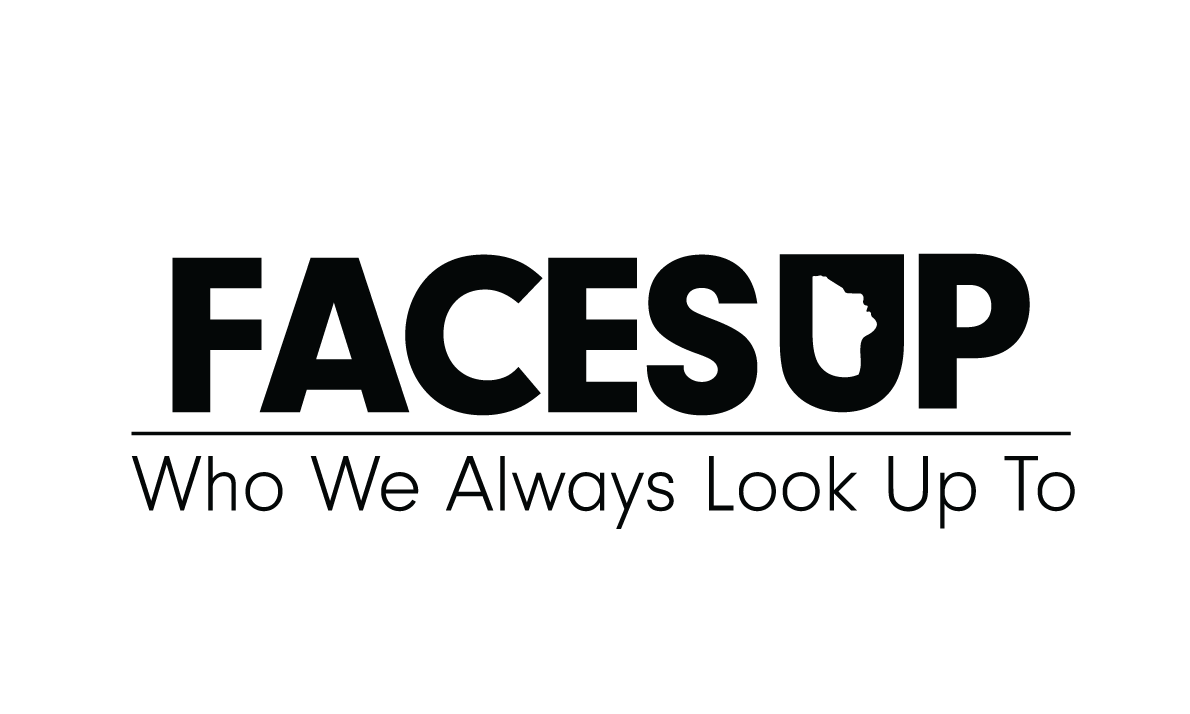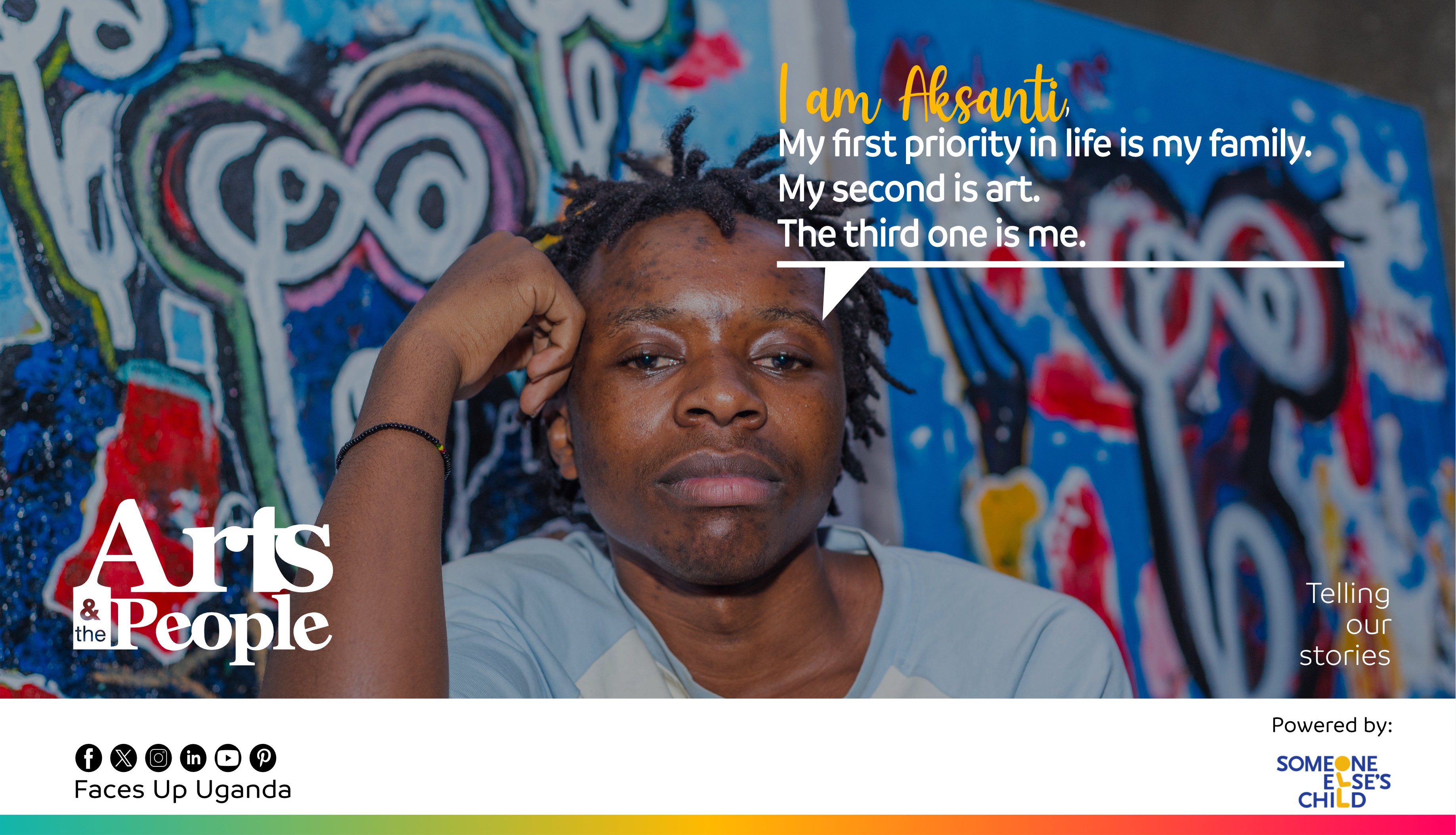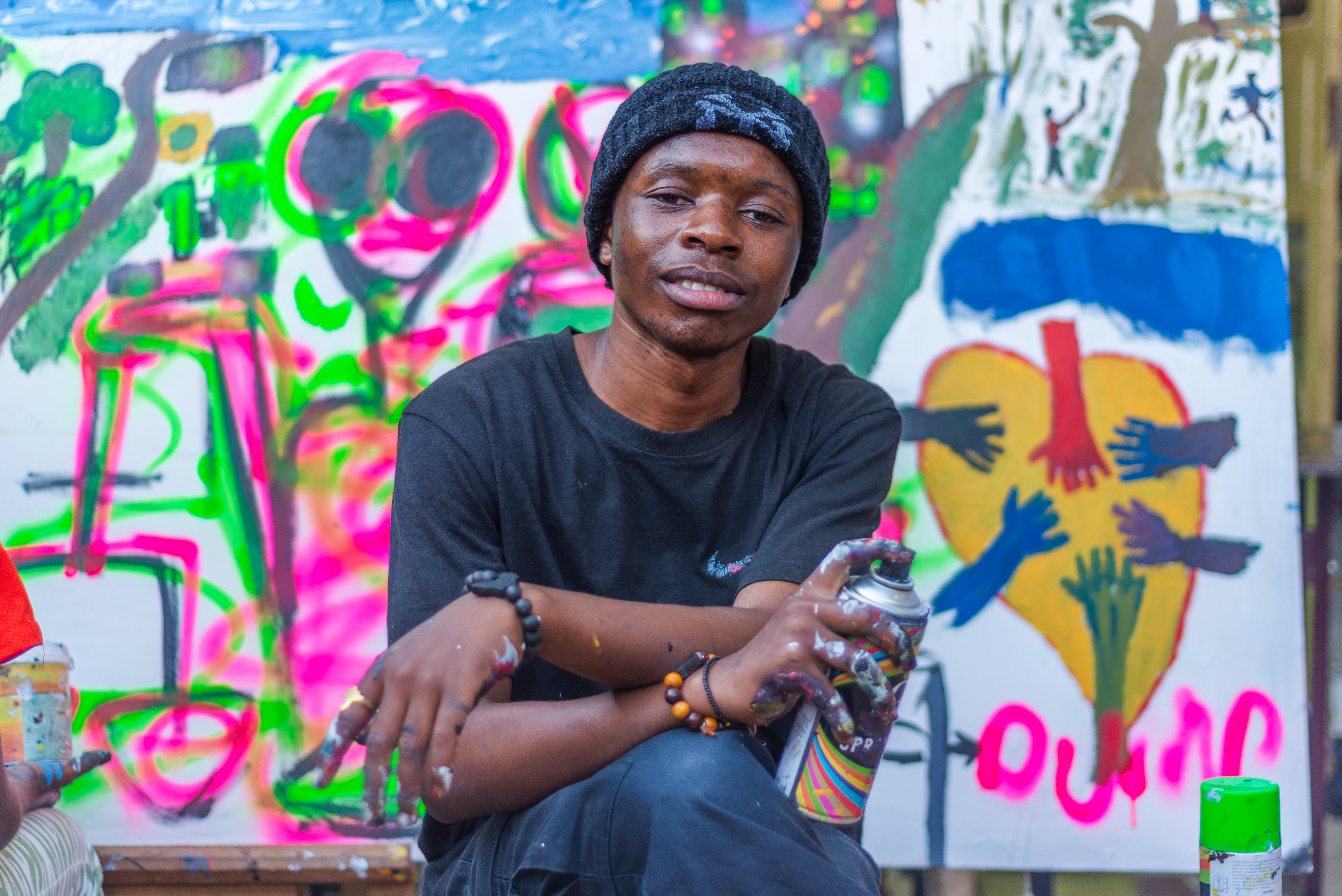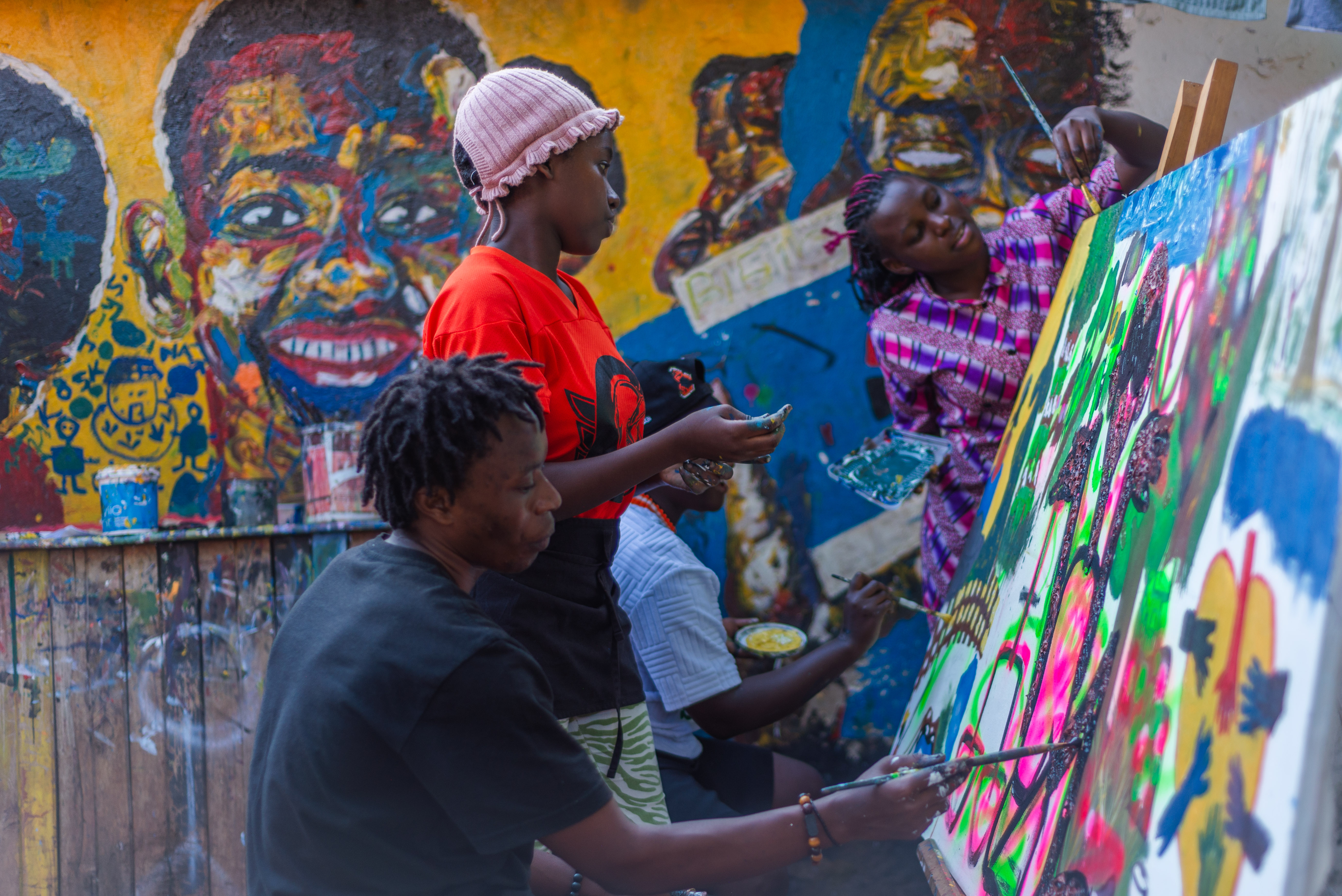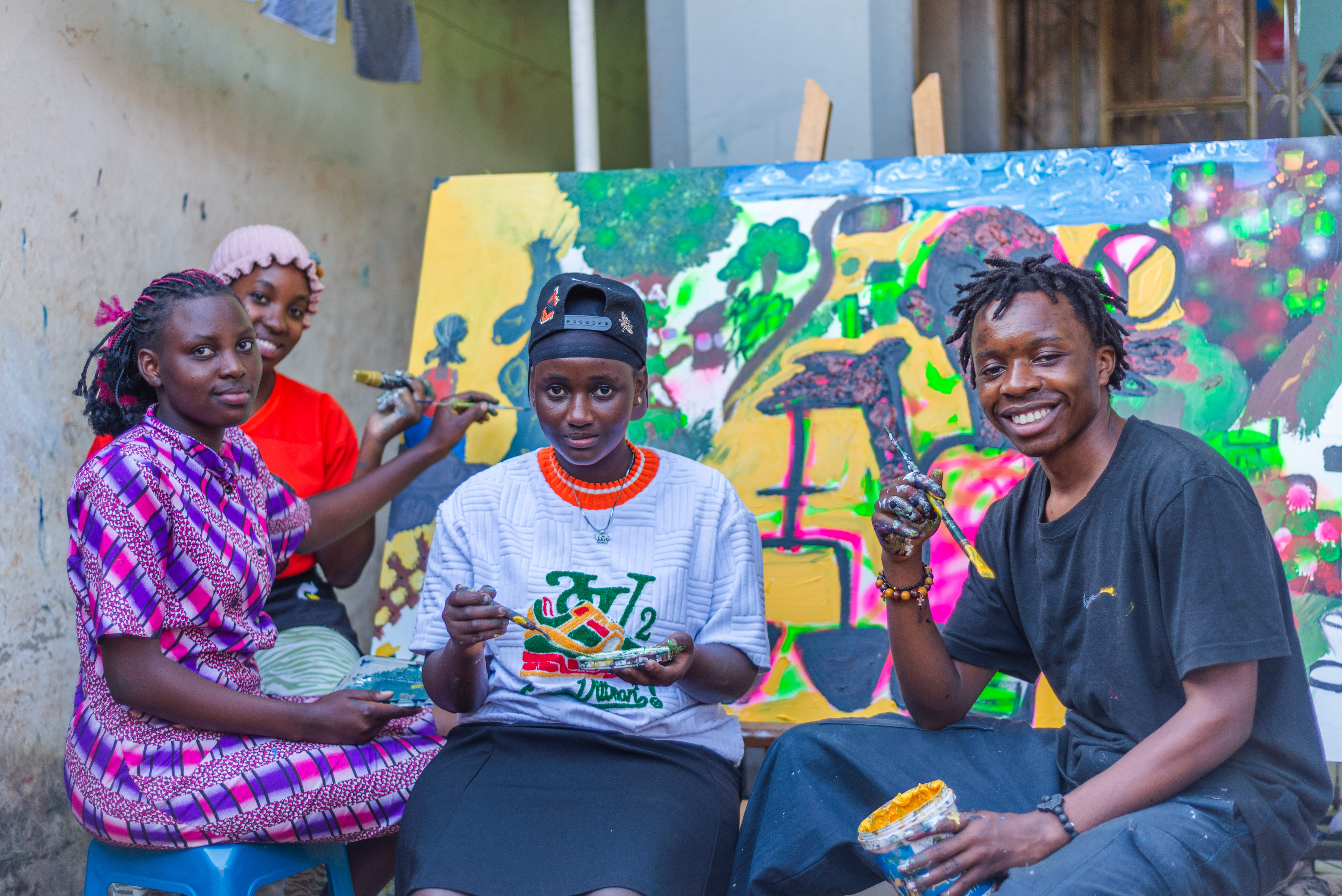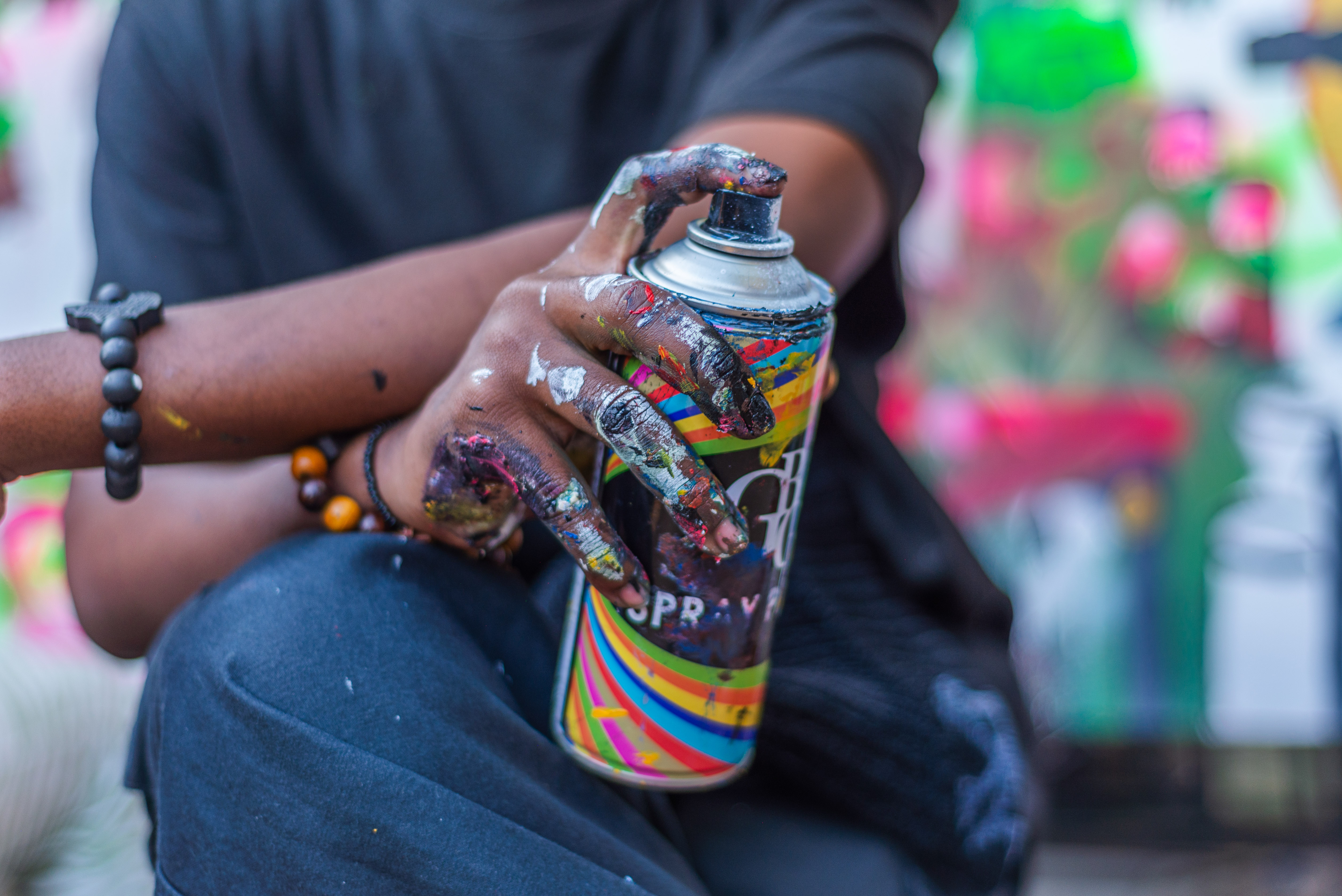“My first priority in life is my family. My second is art. The third one is me. Growing up in Congo, I always had dreams, big ones. I wanted to become a medical doctor. I loved sketching, making drawings, just small things here and there, but medicine was the goal. Then life changed. I found myself in Nakivale Refugee camp in Uganda in 2016. Everything I thought I knew or wanted started to shift. At first, I was trying to survive. When you’re a child, you don’t take things seriously.
You think your parents are being too strict when they guide you, but now I understand they were fighting for my future. In the camp, I started thinking deeply about all the things I never got to do, and all the things I still could. I started seeing art in a new light, not just as something I liked, but as something that made me feel safe. It became a way to talk, express, and connect. The camp was a quiet place with limited opportunities, but also space to reflect. And once I had food, I could create. Art gave me another chance. I wasn’t just drawing anymore, I was expressing emotion, telling stories. I found that painting helped me cope with everything I’d been through. It helped me fight my own trauma and express the daily struggles of those around me. I began using materials from the environment, pieces of clothing from the immigrant community, and turning them into powerful visuals. I didn’t want to go far from reality. I wanted to paint the world as I saw it.
In 2022, there was a call for an art competition organised by the Food and Agriculture Organisation of the United Nations in partnership with Faces Up Uganda. I was still living in Nakivale refugee settlement, and I thought, “Why not?” I applied, even though I wasn’t sure about what I was doing with my art. I just gave it a shot. Then I got the call, and I had been selected as one of the best. That was the very first time I came to Kampala. Coming to the city was a big shift. It was exciting but also hard, a new culture, new people, and everything was expensive, even just moving around. My parents asked me, “How are you going to live?” I told them all about the competition and Faces Up Uganda. Faces Up even reached out and explained everything to them. My family already knew I was passionate about art, so they supported me. They didn’t ask me to stay. They understood that this was a chance.
Meeting other artists and seeing people take an interest in my work gave me confidence. I started taking art seriously. I realised there were people out there waiting to see my art and hear the stories behind it. The competition gave me a platform, and more importantly, it gave me a voice.
Since moving to Kampala, so much has changed. I’ve been part of two or three exhibitions. I’ve had access to the internet, where I could research, see how other artists talk about their work, and learn. That helped me realise I also have a story, a strong one. Not just my own, but the story of many people like me. Displaced people. Immigrants. Refugees. Through their struggles, I find inspiration. I’ve been trying to find and refine my style. It hasn’t been easy, but I’ve learned that art is not about perfection, it’s about truth. I say this often, “I don’t paint as a professional, I paint as an amateur”. An amateur is someone who paints with soul, who reflects reality as it is. In my art now, I’m not just painting for myself. I’m painting for others, people going through different challenges. Even if we come from different places, we might share something in common. Maybe a feeling. Maybe a story.
The biggest challenge remains access to materials, to support, to spaces where my voice can be heard. But I keep fighting. I believe in collaboration and community. If I could speak to young artists, I’d tell them, Do what you love. Connect with like-minded people. Ask questions. Share your story. That’s how you grow. My dream is to become an international artist. I want my paintings to impact people, to raise awareness about what displaced people go through every day. I want someone to look at my art and say, “This artist was trying to speak for us.”
My family from the camp, when we talk, ask how I’m doing and how my art is progressing. They even ask me to compare how I was before and who I’ve become now. I tell them, “Back then, I was dreaming with limits. But now, I can dream more freely.”
- Join 1,000+ Community – Sign Up for our Newsletter today.
- Turn Potential into Power – Donate Today to Our Life-Transforming Program.
- This Story Needs Wings – Share it with 3 friends or tag them.
